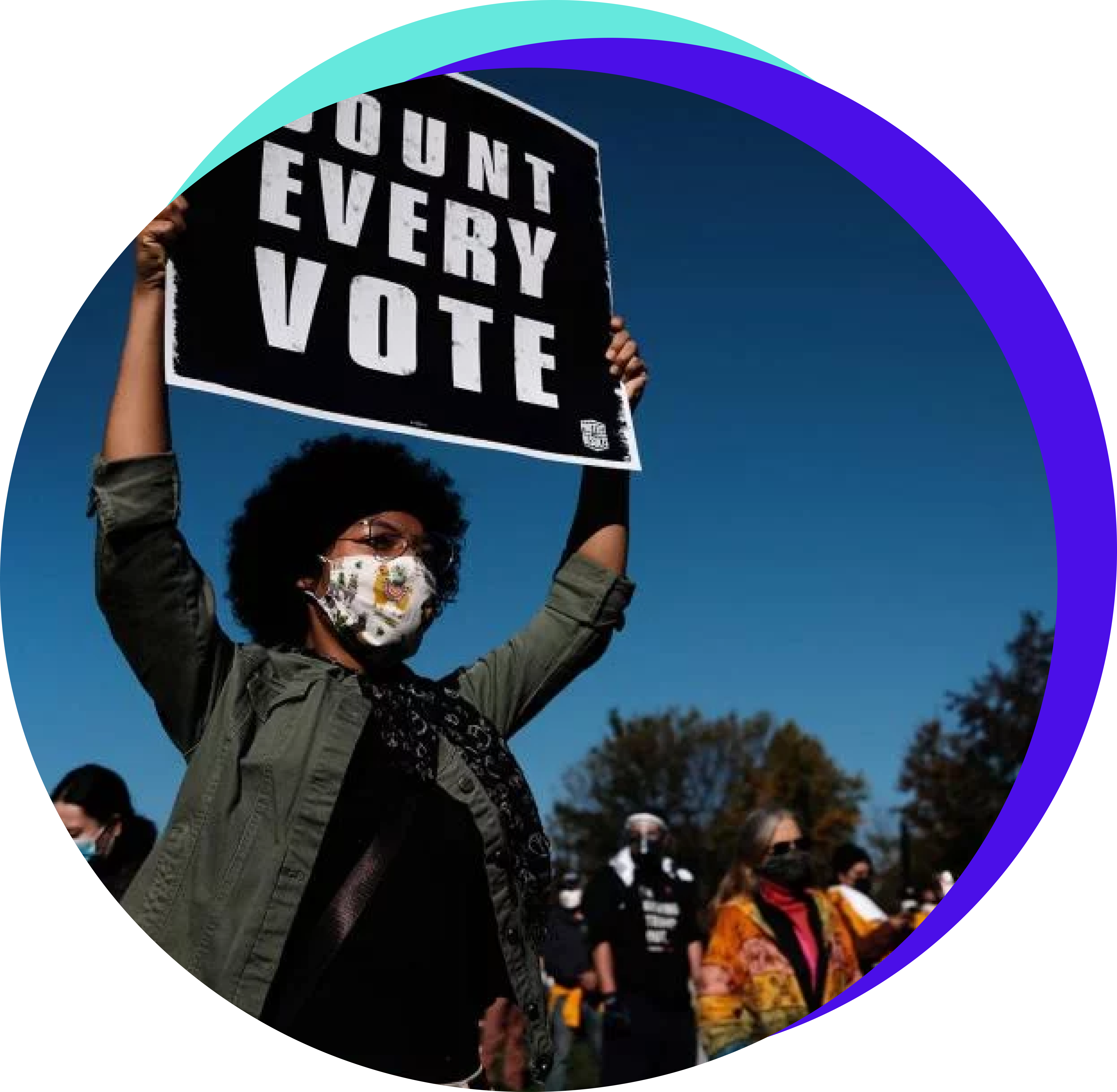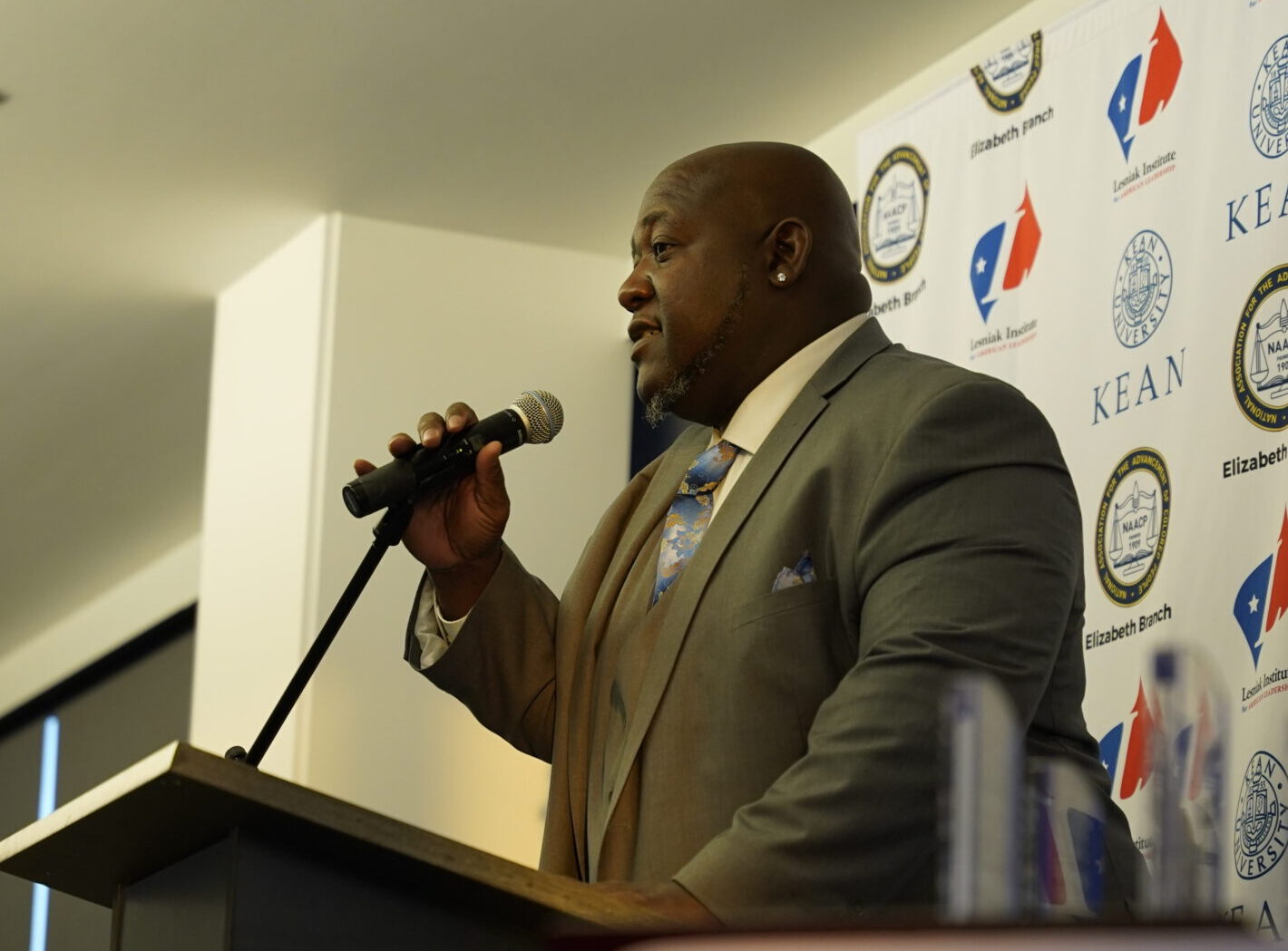KNOW YOUR RIGHTS
KNOW YOUR RIGHTS
Every American should enjoy equal rights without discrimination based on race. It’s critical that we understand the laws, court system, and the judges that determine those rights. Learn about the bedrock laws and structures that shape our everyday lives.
VOTING RIGHTS
Voting is fundamental to U.S. democracy, and the Voting Rights Act of 1965 is a bedrock law protecting every American’s right to register to vote and cast their ballot. The Voting Rights Act remains one of the hardest-fought safeguards for Black Americans and other minority groups. Yet today, threats to fair, safe elections persist. Attempts to restore the Act to its fullest protections include the John Lewis Voting Rights Act, introduced in early 2019.

UNDERSTANDING THE FEDERAL COURTS
Federal courts decide disputes involving the U.S. Constitution, federal laws, disputes between states, and other important cases. The work of federal courts, from the district courts up to the U.S. Supreme Court, can have wide-ranging implications for social justice. That’s because federal courts have the final say on issues that affect the lives of every American, including basic civil rights, religious freedoms, voting rights, and affirmative action.
THE ROLE OF JUDGES
Courts have historically been one of the main avenues for promoting and protecting the civil rights of all Americans. That’s why we must ensure that the men and women appointed and confirmed to the federal bench — who serve lifetime appointments — are committed to equity and justice, rather than an extremist agenda.

